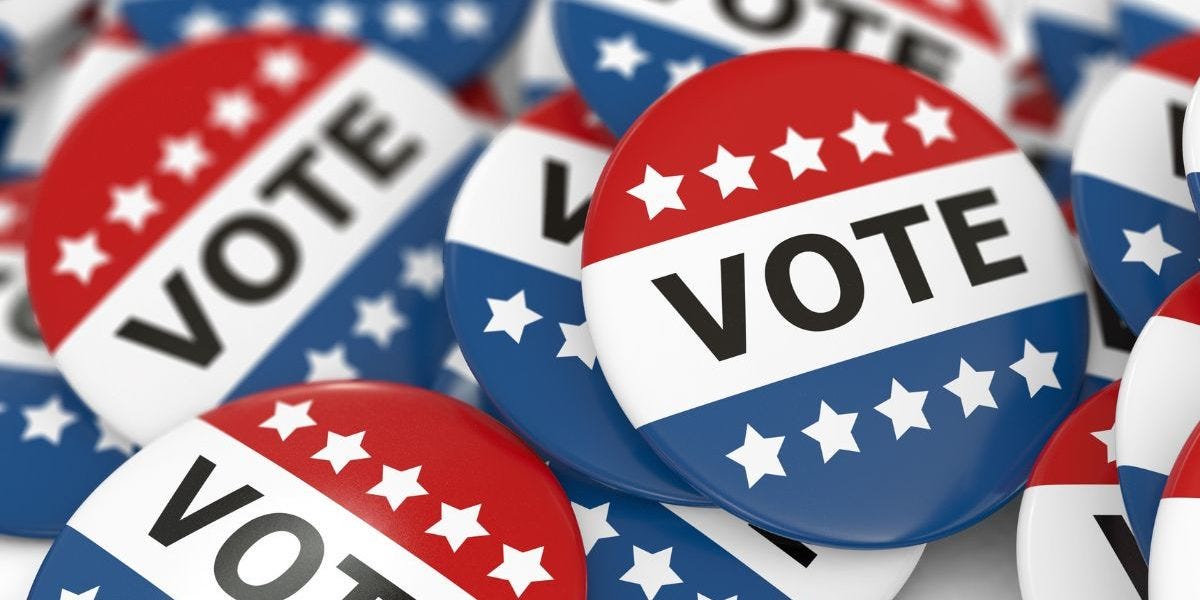CHRIS CRUCIAL: The closest election in a 100 years? 🥵
PLUS: Hunter pleads guilty!
Welcome to Chris Crucial. Check out my mission statement on why you should invest in me. I’m now just 50(!) paid subscribers away from 3,500!! Help me make that goal! It’s $6 a month/$60 for the year. Do it today!👇
1. A historically close election
I am a big fan of the folks at Decision Desk HQ. They do great work on the election modeling and data front…
Keep reading with a 7-day free trial
Subscribe to So What to keep reading this post and get 7 days of free access to the full post archives.


